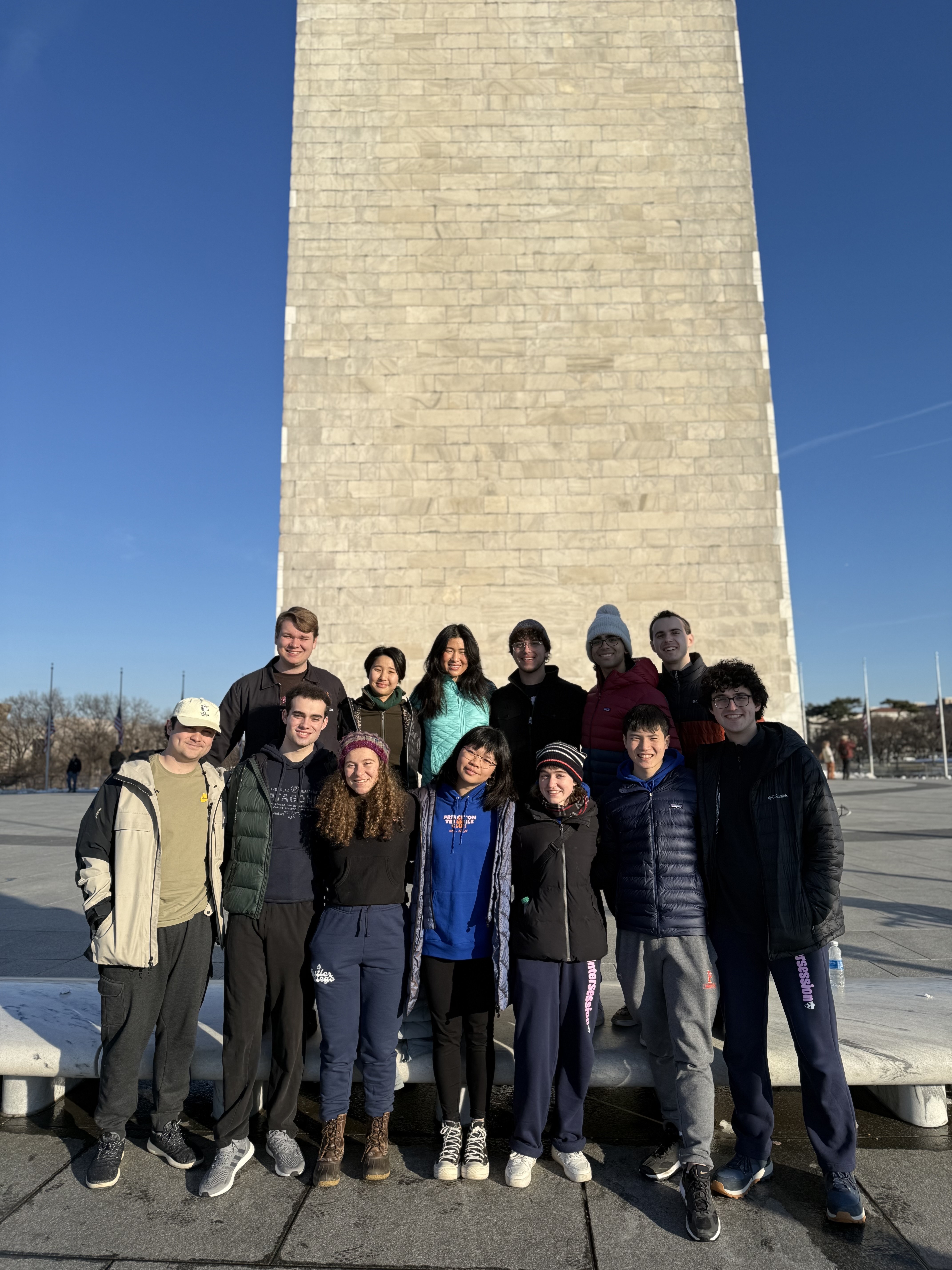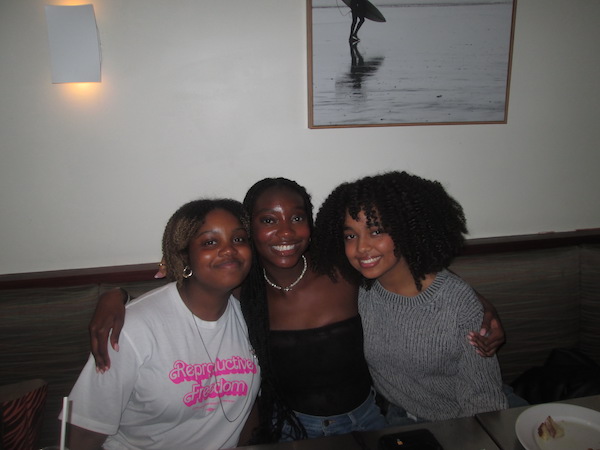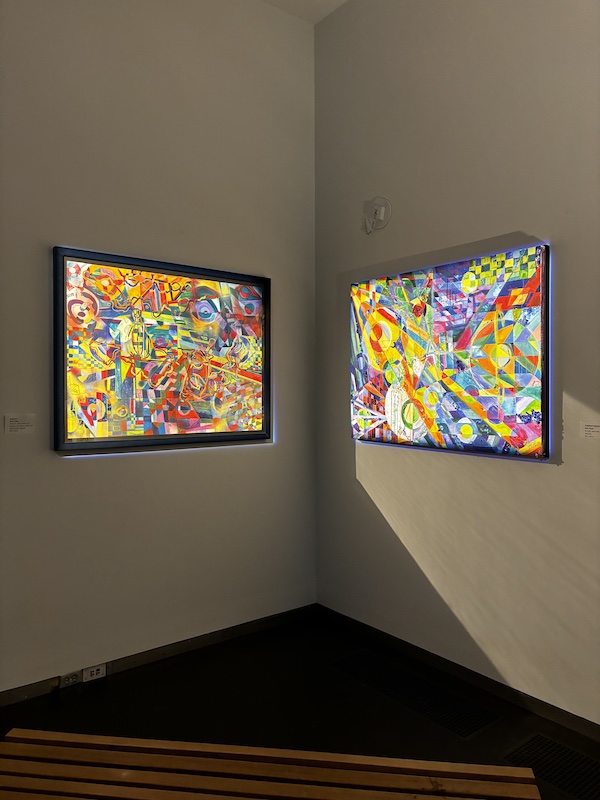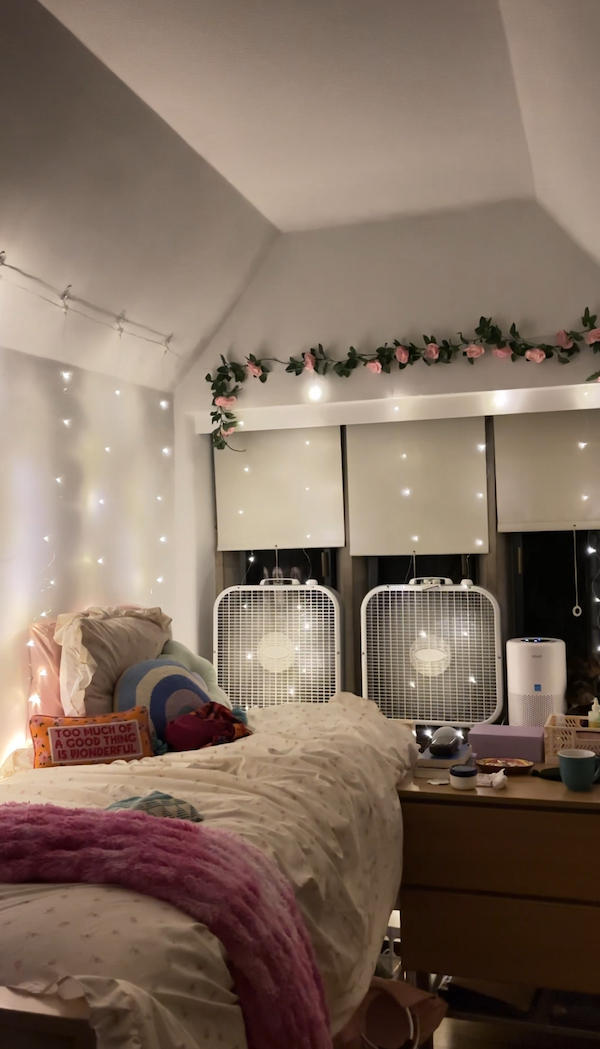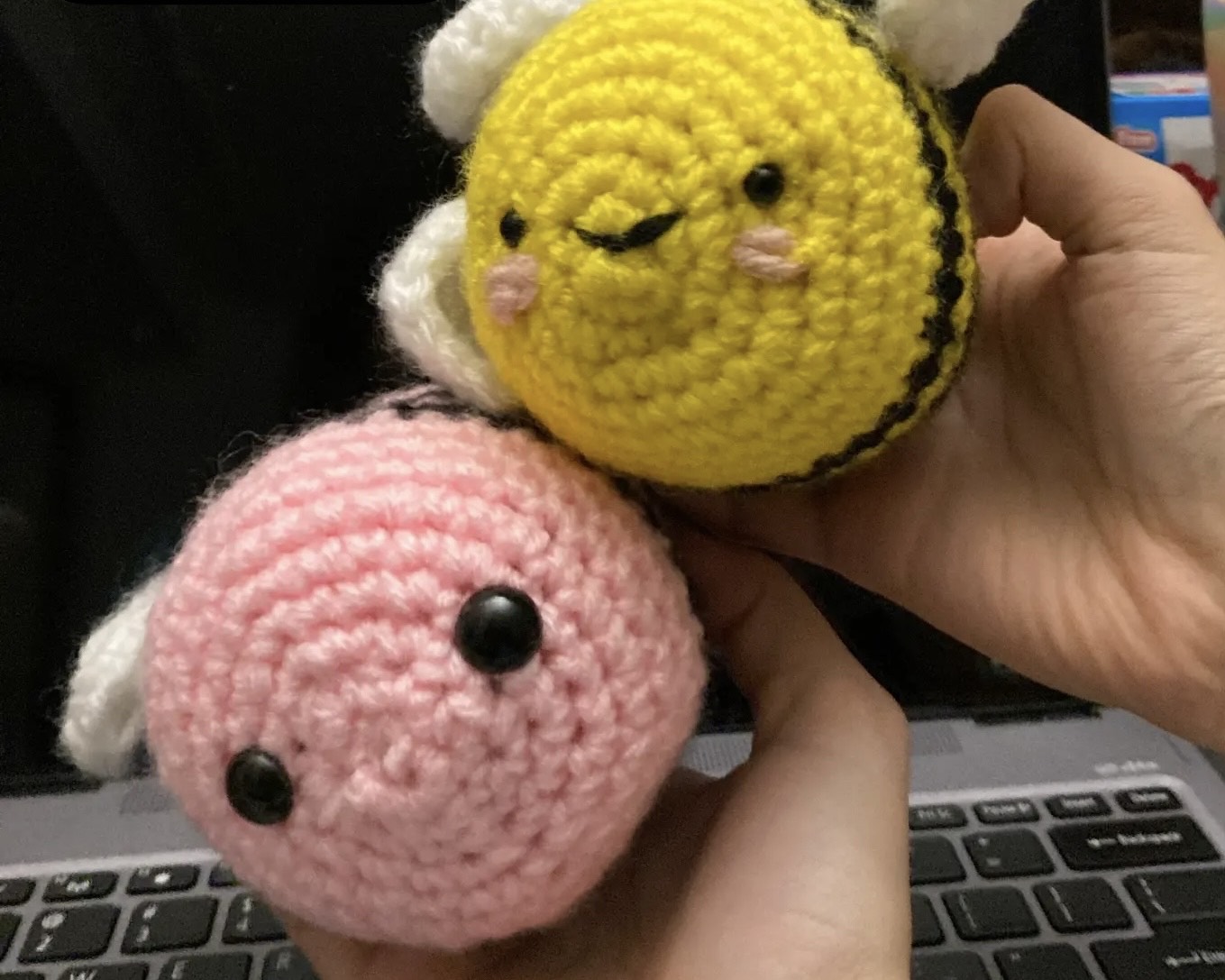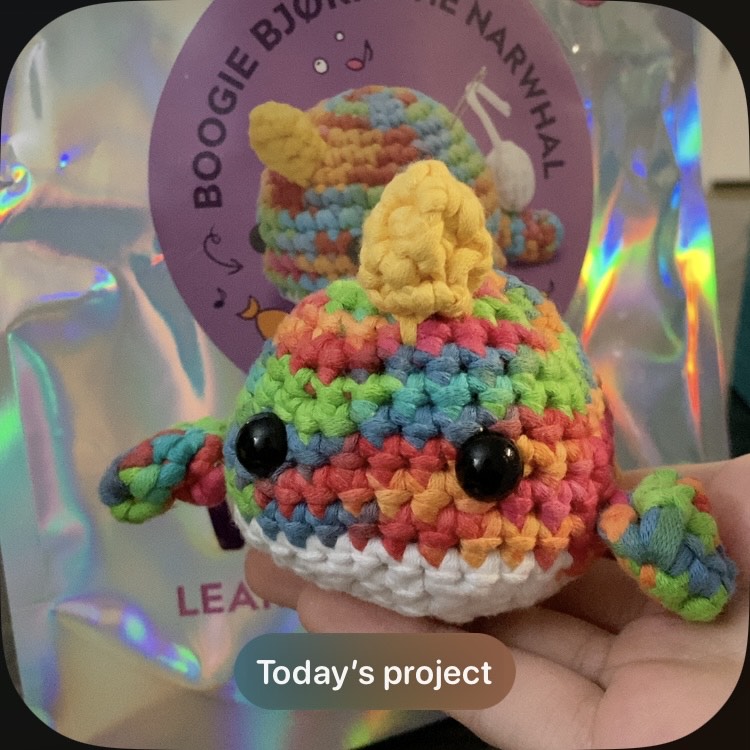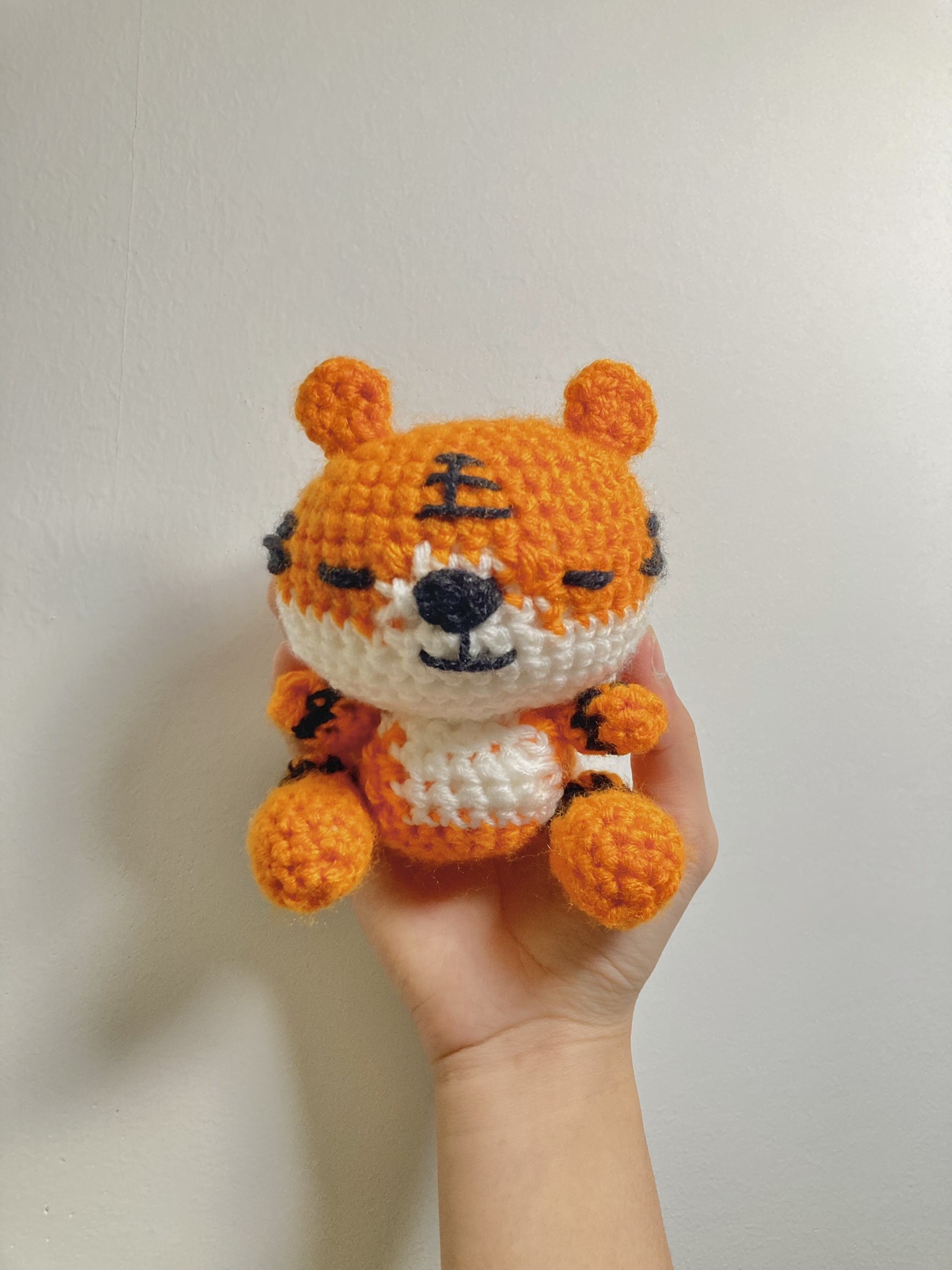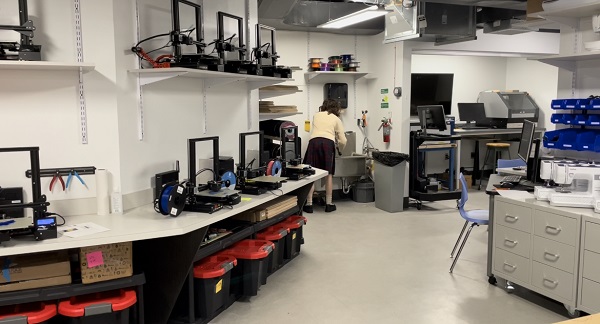Touring with the Triangle Club was nothing short of an adventure. The Triangle Club is Princeton's oldest touring musical comedy group, in which students write, compose, and perform an original musical from scratch each year. This year’s show, Pageant Pending, debuted in McCarter Theatre during the fall semester, and as tradition holds, we took it on the road before returning for the spring semester. Over the course of our journey, we brought our show to audiences in Washington, D.C., Charlotte, Atlanta, Nashville, St. Louis, Cincinnati, Pittsburgh, and Millburn, experiencing the thrill of performing in new spaces while also immersing ourselves in cities I had never explored before.
As a member of the pit orchestra, I quickly learned the art of adaptation. Every venue posed a new challenge—sometimes we played on stage, other times we were fully backstage, and occasionally we were in an entirely separate room, relying on monitors and headsets to stay in sync with the performers. It was exhilarating to adjust on the fly, knowing that each night would bring a slightly different performance experience.
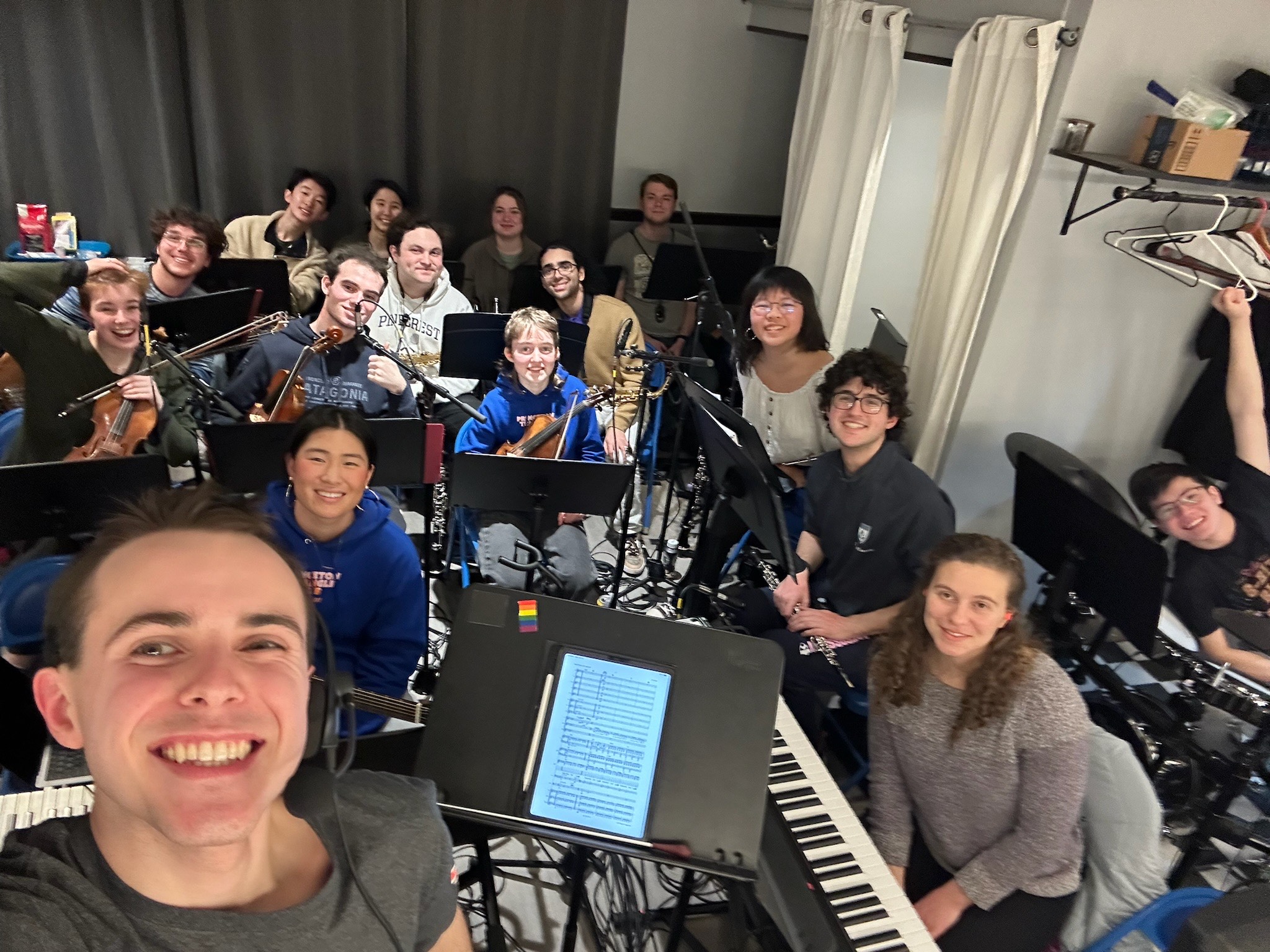
Beyond the music, what made this tour truly unforgettable was the camaraderie. Spending time with people from all sides of Triangle—cast, crew, pit, and tech—allowed me to form friendships I never would have made otherwise. Whether we were unloading and reloading the truck with all of our sets, costumes, and equipment before and after every show, or simply passing time on the bus, the teamwork and support among us made the long days fun and exciting.
Another highlight of the tour was staying with Princeton alumni overnight in different cities. Not only did it provide a great opportunity to connect with past Tigers and hear about their experiences, but it also brought our group closer together as we shared stories and late-night conversations in unfamiliar yet welcoming homes.
Of course, no tour is without its challenges. One particularly memorable moment was being stuck in traffic for three hours—a test of patience that turned into an impromptu bonding session filled with music, snacks, and ridiculous conversations. And speaking of snacks, the discovery of Buc-ee’s was a game-changer. I had heard about the legendary Texas-based travel stop before, but stepping inside for the first time was like entering a world of endless road trip fuel, from brisket sandwiches to walls of snacks and souvenirs.
This tour wasn’t just about performing; it was about experiencing new places, overcoming unexpected obstacles, and forging friendships that will last far beyond our final curtain call. From the excitement of stepping onto a new stage each night to the simple joy of exploring a new city with friends, the Triangle Club tour was an experience I’ll always cherish.
